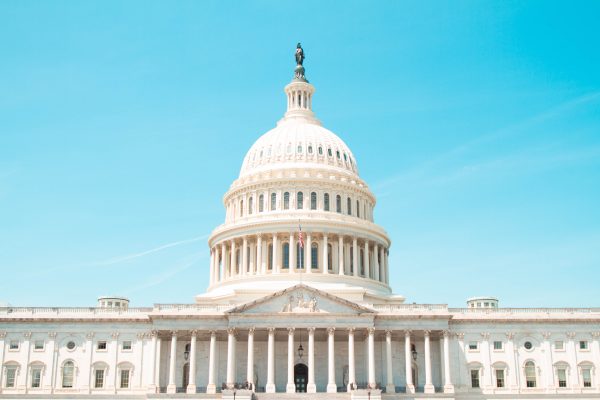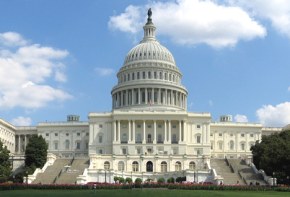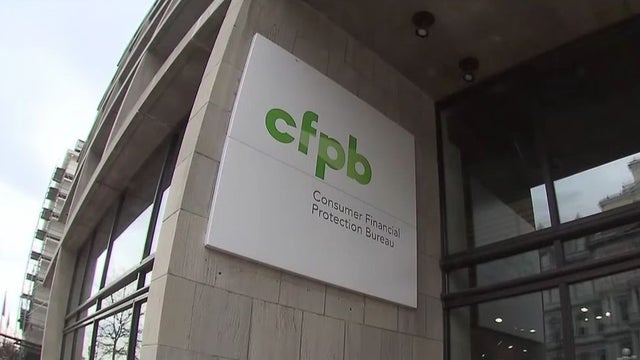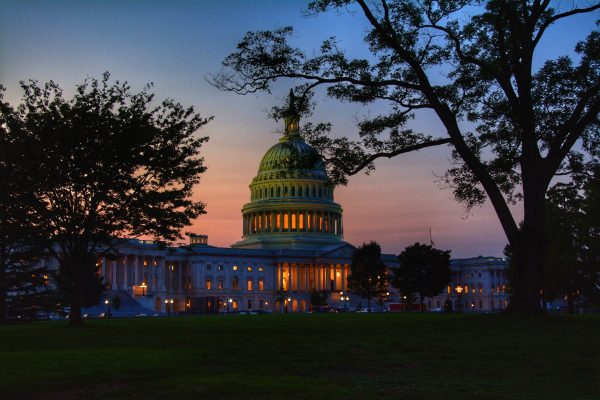The Americans for Financial Reform (AFR) Language Access Task Force and partner organizations sent a letter to the House Financial Services Committee in support for HR 3009, the Improving Language Access in Mortgage Servicing Act of 2021. LEP borrowers face many challenges that impede their full participation in the consumer marketplace, including, specifically, their ability to obtain and preserve ownership of a home. The Improving Language Access in Mortgage Servicing Act will make important strides in improving access to the mortgage market and increasing awareness of the availability of assistance for homeowners who are struggling to keep up with their mortgage payments, which is especially critical during the ongoing COVID-19 pandemic.










